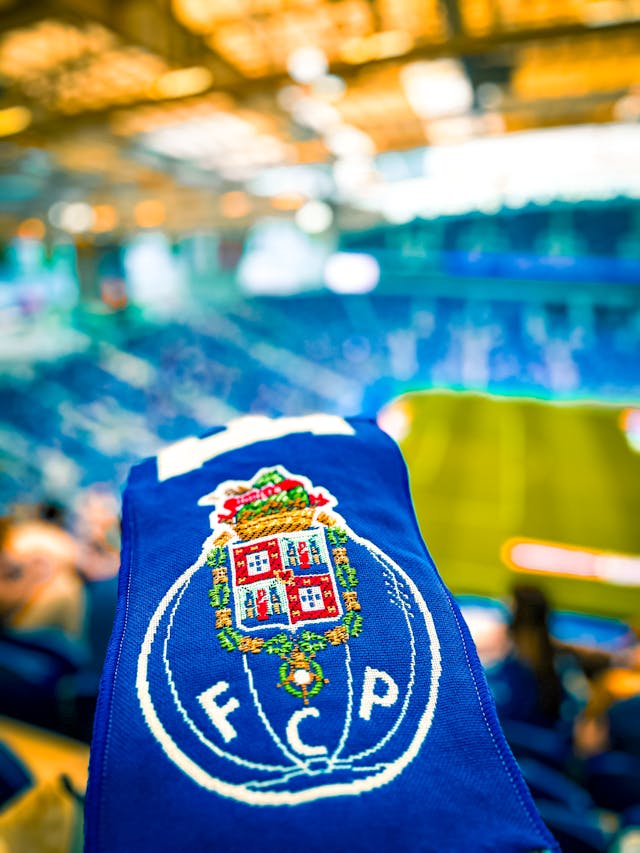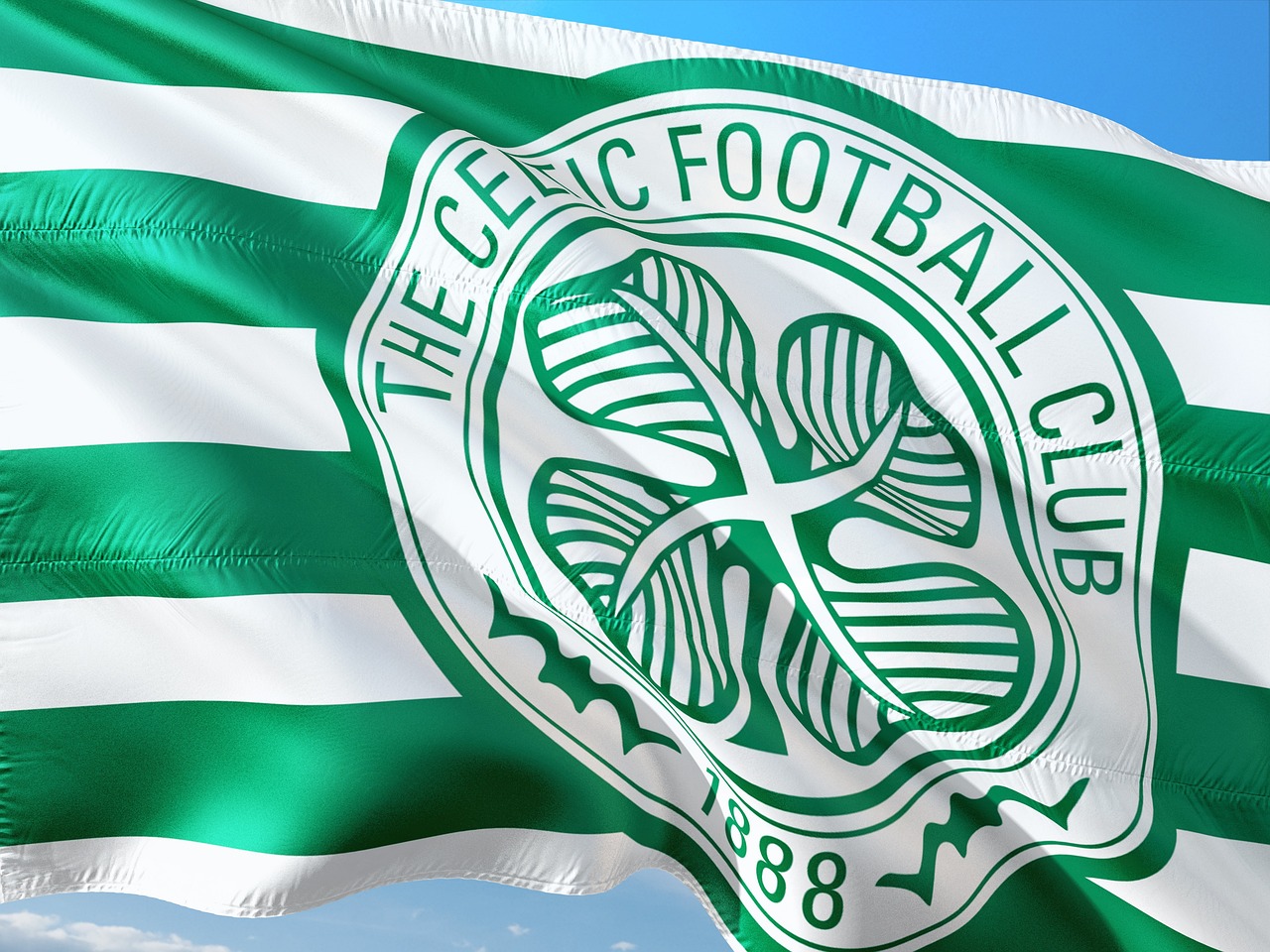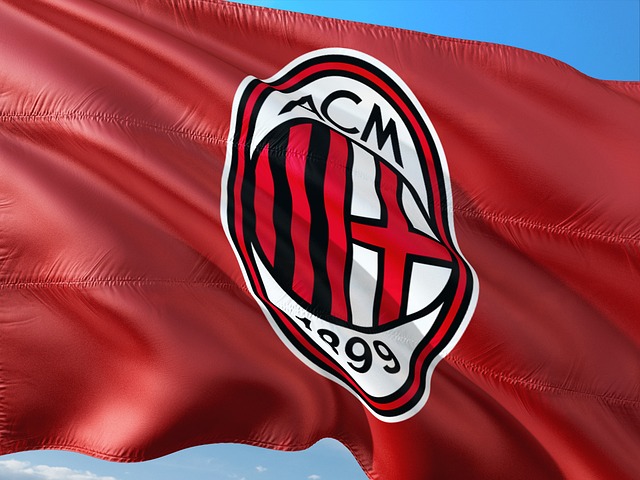Manchester United Shares Sink After Europa League Final Defeat, Triggering Major Financial Setbacks
Manchester United's hopes for a financial rebound were dashed Wednesday night following a narrow 1-0 defeat to Tottenham Hotspur in the UEFA Europa League final in Bilbao. The result has sent shockwaves through financial markets and the club’s boardroom alike, leading to a sharp drop in share price and projected losses upwards of £100 million.
Failing to secure a place in next season’s UEFA Champions League, Europe’s most lucrative club tournament, has serious ramifications for United’s earnings potential. As a result of the loss, United's shares nosedived nearly 8% in early Thursday trading before easing slightly to a 6.7% drop—the most significant one-day decline in over eight months. The timing compounds the blow, as the club's stock had surged to an 11-week high just hours ahead of kickoff.
The implications extend far beyond the pitch. Participation in the Champions League typically brings an influx of cash through ticket sales, TV deals, and sponsorship incentives. Missing out is expected to cost the Red Devils in excess of £100 million in revenue.
Even more damaging, the club will not take part in any European competition next season. This absence not only affects next year's cash flow but also clouds long-term planning, including the ambitious proposal to build a £2 billion, 100,000-seat stadium that would become the largest in the United Kingdom.
René Meulensteen, a former first-team coach at United, summed up the gravity of the situation: “The most disastrous season… a crossroads moment.” The club currently sits in 16th place in the Premier League, just one spot above Spurs, on course for its worst league finish in half a century.

United’s financial woes are not new. Since the Glazer family's leveraged takeover in 2005, the club has accumulated over £1 billion in debt, incurring hefty annual interest payments. The club posted a £113 million loss last year—far outpacing Tottenham’s £26 million deficit—and has racked up £300 million in pre-tax losses over the past three years.
To address its deepening financial troubles, United has already implemented unpopular cost-cutting measures. These include job cuts, price hikes on match-day tickets, higher parking fees for disabled fans, and elimination of small fan perks like the £50 steward-of-the-match award.
Sir Jim Ratcliffe, who became a minority owner earlier this year, moved to cut an additional 200 jobs in February, reportedly to help steer the club away from potential financial collapse.
Following the defeat, manager Ruben Amorim didn’t shy away from the consequences: "We have two plans, even for the market, and we have to understand it's tough for a club like ours not to be in the Champions League."
The Financial Times reported that the share price dip represents a staggering £160 million drop in United’s market value, compounding the woes of both the Glazers and Ratcliffe. The latter was already reeling from a personal fortune decline of £6.4 billion, as revealed by the latest Sunday Times Rich List.
Meanwhile, Tottenham Hotspur are poised to reap the benefits. Their Europa League victory has not only secured them a coveted spot in the Champions League but also yielded £10 million in prize money, with an additional £4 million potentially up for grabs in the UEFA Super Cup—both windfalls that United will miss entirely.
The ripple effects of Wednesday’s result are already being felt far beyond the scoreboard, as Manchester United faces a defining period of financial reckoning and strategic reassessment.
Featured Image Credit: Unsplash / Pranshu Bhatnagar, Unsplash / Colin + Meg
.png)



.jpg)
.jpg)
.jpg)




